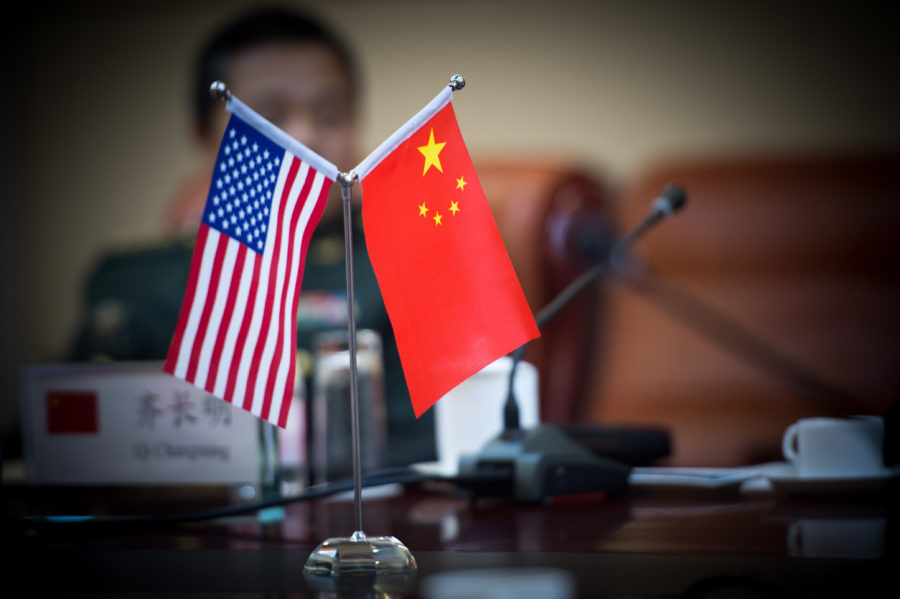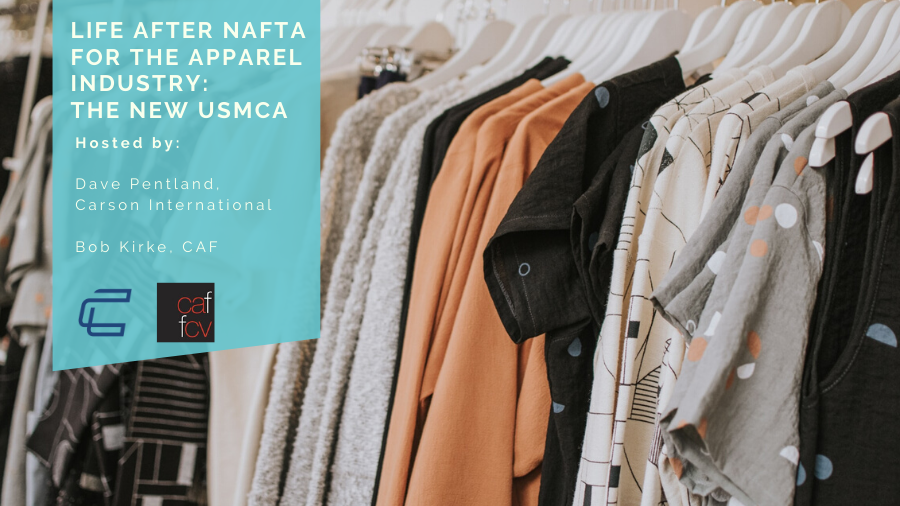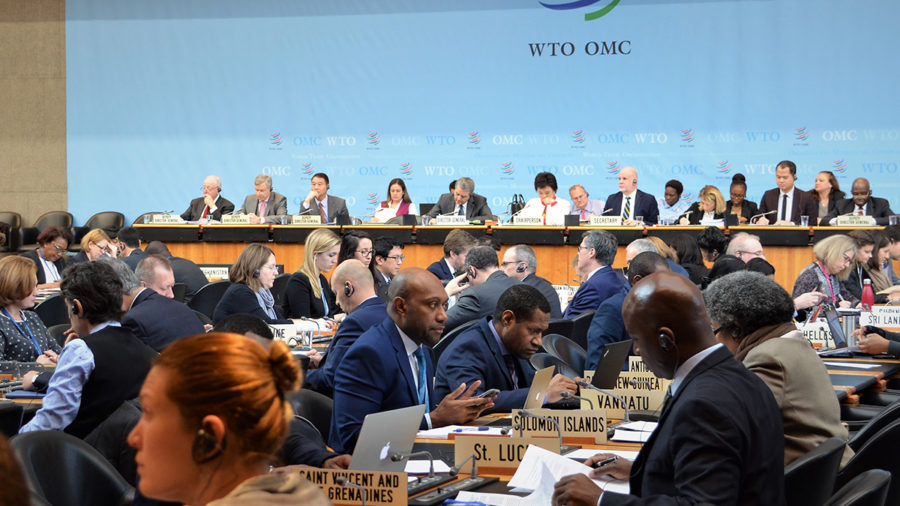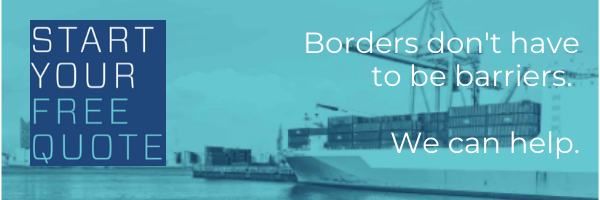Sign up for recent trade news that can affect your business:
June 4, 2020
Auto Industry Receives CUSMA Rulebook

The three North American trading partners have wrapped up talks on uniform regulations to implement CUSMA’s rule of origin, including on autos, with less than four weeks before the deal is set to take effect July 1st.
The three countries releasing the uniform regulations, which still must go through a legal review and be translated to Spanish and French, clears one of the most challenging issues for CUSMA implementation. Officials in the U.S., Mexico and Canada have been working since March to craft the regulations, which include specific formulas and information on how automakers must comply with the new rules to qualify for reduced tariffs under CUSMA.
Automakers have long said complying with the rules will require time-consuming and costly changes. Some North American auto industry officials have expressed concern that they will not be able to comply with the deal’s rules as quickly as the Trump administration would like, given the economic fallout from the pandemic.
The regulations offer some possible flexibility — or at least clarity — for producers. For example, one part of the regulations explains that for producers whose fiscal year begins on January 1st, they can calculate their regional value content over the 18-month period from July 1st to December 31st, 2021.
CUSMA requires that 75% of auto content be made in North America, up from 62.5% from NAFTA.
Click here to read the Uniform Regulations.
(Source: Politico’s Morning Trade)









